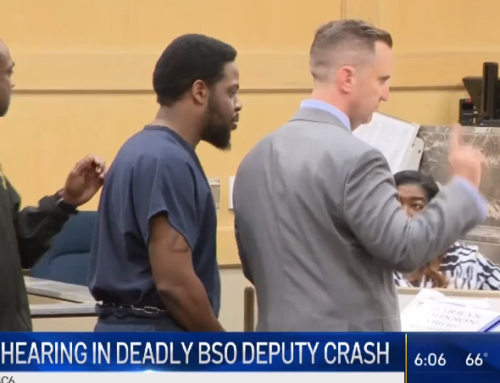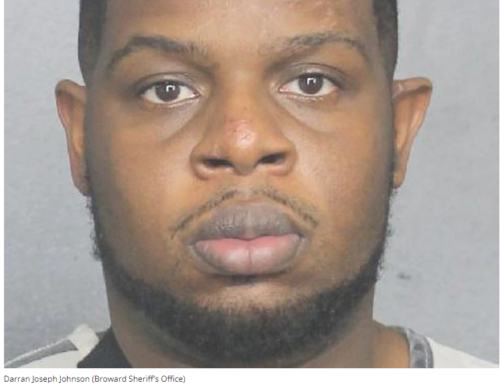According to the Bureau of Justice Statistics, the most common reason why people have contact with the police is traffic stops. Although 84 percent of white motorists believed police had a valid reason for stopping them in 2011, just 74 percent of Hispanic drivers and 68 percent of black drivers felt the same.

Gold Coast’s Fort Lauderdale Daily recently interviewed five experts on the subject of racial profiling and explored ways that law enforcement personnel can keep everyone safe without targeting some demographics more often than others. Gordon Weekes, the chief assistant public defender in Broward County, admitted the evident racial disparity of the criminal justice system surprised him the first time he entered a courtroom.
Weekes, a black man who grew up Florida, claims he was no stranger to contact with police; however, he had not expected that all of the lawyers and court employees would be white while nearly everyone he saw in orange jumpsuits would be black. Weekes’ boss, public defender Howard Finkelstein, believes the problem is that police have essentially become an occupying force in certain minority communities.
If you are facing criminal charges and you believe that you were a victim of racial profiling, turn to Michael D. Weinstein, PA. Mr. Weinstein will evaluate your case, investigate your arrest, and explain possible defense strategies against your charges. Call 1-877-639-4404 to schedule a consultation with a drug attorney in Fort Lauderdale.
What Is Racial Profiling?
Racial profiling occurs when law enforcement personnel target specific individuals because of the way they look rather than the way they are behaving. Despite the name, racial profiling does not just include the act of targeting individuals based on their race; it also includes targeting individuals based on other factors such as religion, nationality, and ethnicity.
In general, law enforcement personnel cannot detain or question civilians based solely on their race; however, there are some exceptions of doing so that do not necessarily fall under racial profiling.
For example, if police are parked on the side of the highway and they notice multiple vehicles speeding past, they cannot let race play a role when trying to determine which motorist to pull over and investigate further. Doing so would be an example of racial profiling.
If those same police receive a report that a robbery suspect of a particular race is fleeing in a specific vehicle, though, they can use all of those factors—including the motorist’s race—when determining whom to pursue.
Racial profiling is a violation of a person’s rights. If you are facing drug charges after police stopped your vehicle without reasonable suspicion, contact Michael D. Weinstein, PA.
Depending on the facts of your case, it may be possible to structure a defense that convinces the court to reduce your charges or penalties, or to dismiss your case altogether. Call 1-877-639-4404 to schedule a consultation with a criminal defense lawyer in Fort Lauderdale. You can learn more about criminal proceedings in Florida by visiting usattorneys.com






